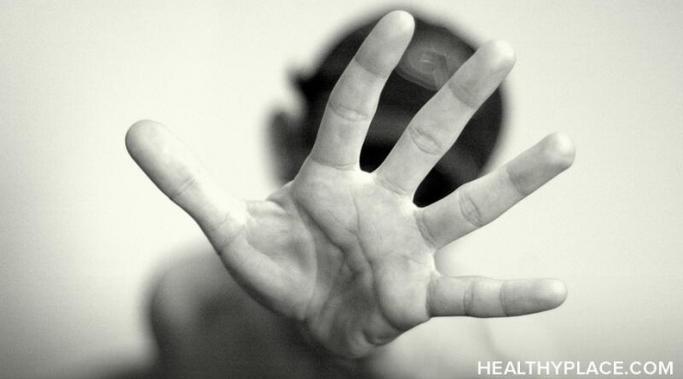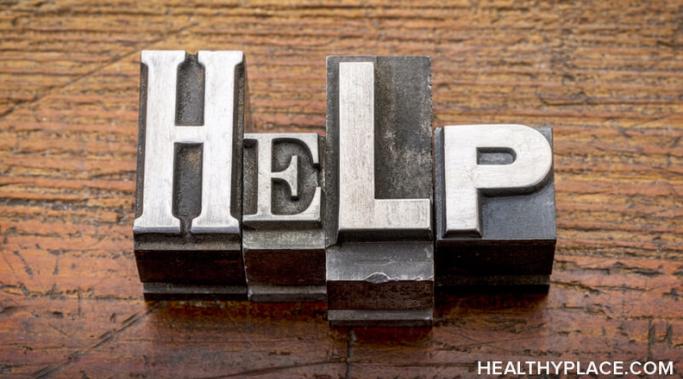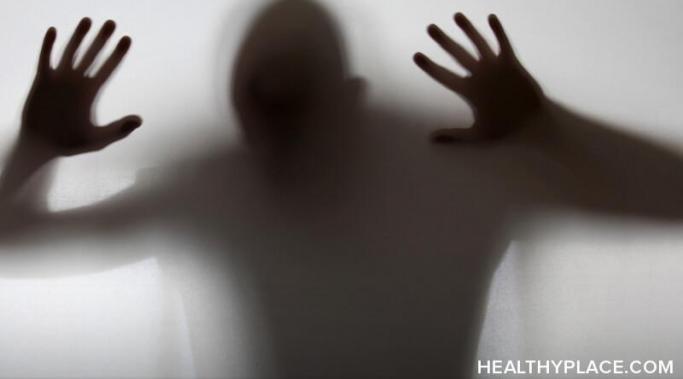The dissociative identity disorder (DID) host in our system has a job similar to the host of a party. When I think of a host, I think of a man or woman attending to the needs of the party-goers, scurrying about a table of guests, flitting from room to room, checking on food and drink to make sure each guest has what he or she needs. A host may wear many hats, including a manager, entertainer, presenter, and all-around overseer to make sure the party runs smoothly. In DID, most systems have what is also called a “host,” which, in some ways, is very similar to a traditional host whom might manage the surrounding environment.
Dissociative Living
I hear voices because of my dissociative identity disorder (DID), but I'm not psychotic. Hearing voices is a symptom experienced by many people who have DID. These auditory hallucinations are not the same as those experienced in psychosis; they are internal rather than external. Hearing voices is a normal part of having DID, but is a misunderstood symptom.
My name is Becca Hargis, and I am greatly excited to join the Dissociative Living blog. I was first diagnosed in 1992 with dissociative identity disorder (DID), known then as multiple personality disorder; however, the stigma attached to the diagnosis made me run. I knew there was something not quite “right” about me, but I couldn’t accept that it was DID, so I fired my therapist. It took several more years and many more therapists, all of whom diagnosed me with DID, before I finally accepted it.
It can be very difficult to ask for help for dissociative identity disorder (DID). People with mental health struggles, including people with DID, often need help and support from people on the outside, whether it be doctors, therapists, family, or friends. Sometimes, it is obvious to others that we need help (Dissociative Identity Disorder Signs and Symptoms). But what happens when we need help for dissociative identity disorder and have trouble asking for it?
How can I manage dissociation in the new year better than I did last year? This year, my dissociative identity disorder (DID) made celebrating the new year difficult. New Year’s Day could symbolize another year of dissociation, and another year of instability. But New Year’s can also be a time to recognize progress and to make resolutions that promote healing and change. That’s why I am choosing to make resolutions for my DID--I'm going to manage dissociation much better this year. You can, too.
I have dissociative identity disorder (DID), and since I write about DID, it may seem like living and functioning with this disorder is possible. But is that the reality? Dissociative identity disorder is a complex disorder. There are dozens of symptoms for DID and no concrete cure. This disorder affects all aspects of your life. And even though I'm a DID writer who seems to have it together when it comes to my disorder, I have a confession to make.
Age regression occurs in dissociative identity disorder (DID) particularly, but also in other mental illnesses such as posttraumatic stress disorder (PTSD) and major depressive disorder. While many people with DID have young or child alters, called littles, age regression is something different. So what is age regression, and how do you cope with it?
As a person who experienced dissociation from trauma, I am thankful for dissociation even though it happens to this day. It can be difficult to be thankful for things when you have dissociative identity disorder (DID). When you have DID, you have experienced significant trauma that impacts your entire life. So what's to be thankful for when things seem to be so hard? Is dissociation from trauma something to be thankful for?
There are hundreds of articles describing what dissociative identity disorder (DID) is, but there aren't many articles describing what DID is not. With all of the misconceptions and stigma out there about DID, it is just as important to write about what DID is not as it is to write about what DID is. Let us clear the air about DID.
Many people with mental illness, including people with dissociative identity disorder (DID), manage the risk of suicide. In fact, people with DID carry the highest risk for suicide, as 70% of those diagnosed have a history of at least one suicide attempt. With such an increased risk, what can you do to manage the risk of suicide in DID?









